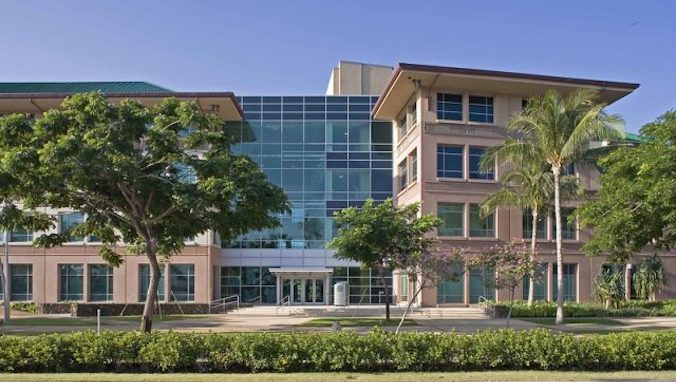
Solidifying the University of Hawaiʻi at Mānoa John A. Burns School of Medicine (JABSOM) as one of the top institutions for primary care, the U.S. News & World Report has placed JABSOM 16th in the nation in its 2023’s “Best Medical Schools” rankings.
This is the fourth time in six years that JABSOM has made the top 25. Consistently landing in the top quartile of 130 ranked schools from 194 allopathic (conventional) and osteopathic (alternative) medical schools in the U.S. puts JABSOM in rarified air.
“Since JABSOM’s foundation in 1965, we have worked very hard to create physicians who will meet the needs of Hawaiʻi. Certainly, our primary care physician faculty members, meaning those who practice in family medicine, internal medicine, pediatrics, and for this (USNWR definition,) geriatrics, work throughout the four years of medical school to ensure that all of our students are exposed to the values of primary care that emphasize the connection with patients, their families and the community and the need for better coordination of care,” said Interim Dean Lee Buenconsejo-Lum.
JABSOM’s Research department brings in millions of dollars in funding from the National Institutes of Health, which significantly contributes to the overall health of Hawaiʻi.
“The John A. Burns School of Medicine continues to remain the leader of research in the Pacific, focusing on issues that impact our population,” said Mariana Gerschenson, associate dean for research. “Health disparities, aging, diabetes and innovations in tropical medicine continue to be at the forefront of JABSOM research.”
Securing this spot in the U.S. News and World Report rankings increases JABSOM’s visibility nationwide, making Hawaiʻi one of the best places to train to become a physician. JABSOM officials have seen the continued visibility in the rankings translate to a more competitive applicant pool. More than 2,200 applicants have been vying for 77 spots in recent years. Attracting the best of the best means the physicians trained here are more inclined to serve the people of Hawaiʻi upon completing residency. The latest Association of American Medical Collegesdata reflects that trend. Compared to the national average, 80% of JABSOM graduates serve in primary care, up from 75% in 2022.
“The rankings help attract the type of medical school applicant committed to caring for their patients holistically, which is the mission of primary care. Even if a student decides not to go into a primary care specialty, we still train them to have that holistic approach and advocacy for health system improvements that ultimately benefits the patient and our populations,” Buenconsejo-Lum said.
Medical schools’ rankings are determined by peer institutions and a few national primary care and research metrics.

